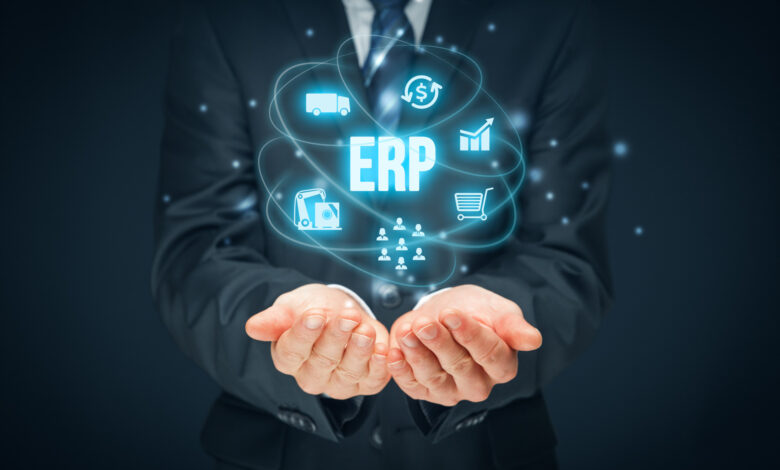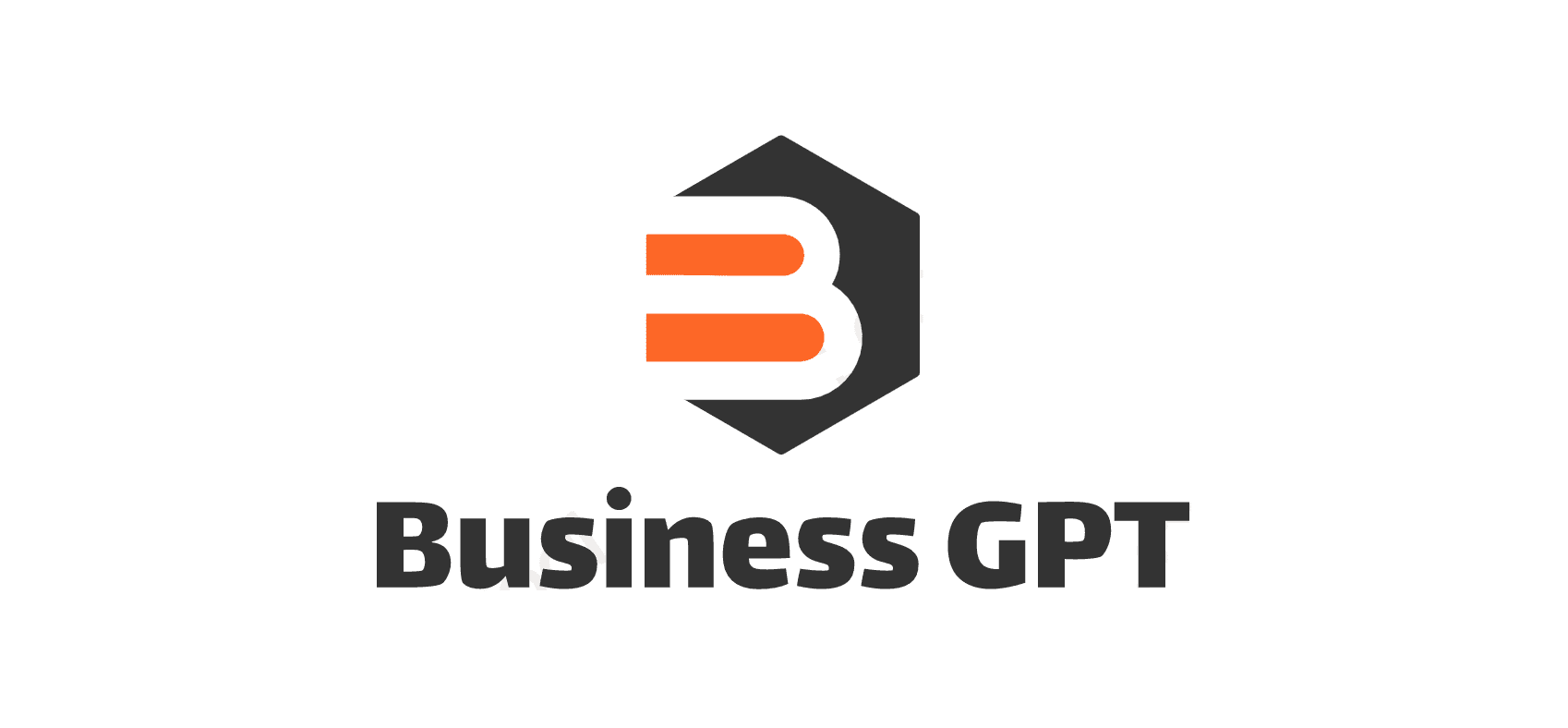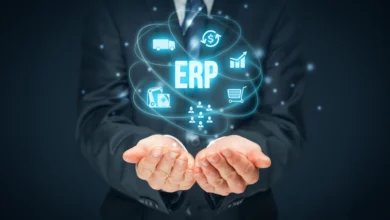How to Pick an ERP System: Everything You Need to Know

The drive to digitize and improve business efficiency has meant a boom in ERP software sales. But what is ERP, and why is everyone buying it?
ERP stands for enterprise resource planning. It’s a management system that ties everything together. It manages workflow, sales, inventory, and financial records in one place.
An ERP system is like your company’s nervous system. It guides your business as it functions.
But how do you pick an ERP system for your company? From functionality to integration, here’s everything you need to know about ERP.
Find the Right Vendor
An experienced vendor should have a proven track record of successful implementations using their ERP system and the confidence that they can provide high-quality support.
Further, when selecting an ERP system provider, ensure that the solution can be scaled to match your company’s growth and changes while providing a roadmap for future needs.
Also, ask for references from previous implementations and inquire how well the vendor was able to support the customer along their road to success. Reading online reviews from social media platforms is also a great way to find the right vendor.
Overall, be sure to carefully consider these factors and select the vendor that meets all of your ERP system requirements.
Manage Culture Change
When it comes to picking an ERP system to manage culture change, it is essential to consider the system’s ability to support your cultural goals. Make sure that the ERP system you choose provides the necessary tools to establish process templates to assist with standardizing processes.
For further support with cultural transformation, look for an ERP system that has best practices. It should also provide evaluation for certain tasks and roles. Doing so will make sure that you get the right solution to meet the needs of a culture change and create a more reliable environment.
Consider Costs and Associated Expenses
When considering an ERP system for your company, it is important to closely examine the costs and associated expenses. Different ERP systems will have different associated fees and costs, such as software costs, implementation costs, hosting fees, subscription fees, maintenance costs, and custom development costs.
Some ERP systems will have ongoing costs associated with the use of the system, such as user licensing fees and support fees. For example, knowing the cost and other expenses of NetSuite vs SAP cost will help you decide and pick the right ERP system that fits your budget.
Comparing ERP system costs is important to budget all associated costs and expenses.
Pick an ERP System for Your Business Today
Not every ERP system is the same, but if you keep in mind the essential features and measures you need during your evaluation process, you’ll be able to pick an ERP system for your business.
Don’t hesitate to reach out to the different vendors for a consultation and quote to further compare solutions. Try it now and start reaping the benefits of a new ERP system!
Found this interesting? Read the rest of our blog and learn more!




